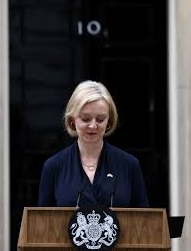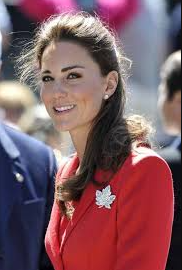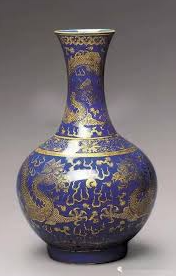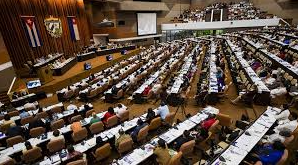
The former Steelers quarterback had a blood alcohol content of 0.20 and had taken ketamine before his tragic accident in Florida.
A recent autopsy report has revealed that Pittsburgh Steelers quarterback Dwayne Haskins was legally intoxicated and had consumed drugs before being fatally struck by a dump truck on a Florida highway last month. The Broward County Medical Examiner’s Office confirmed that Haskins’ blood alcohol level was 0.20, which is more than two and a half times the legal driving limit in Florida.
The tragic incident occurred just before dawn on April 9, near Fort Lauderdale-Hollywood International Airport on Interstate 595. Investigators have determined that Haskins, 24, had consumed at least 10 alcoholic drinks in the hours leading up to his death, based on his weight of 230 pounds (104 kilograms). In addition to alcohol, ketamine, a potent painkiller sometimes abused recreationally, was also found in his system. However, the report does not specify how Haskins had acquired the drug.
The investigation revealed that Haskins’ car had run out of fuel near the scene. Witnesses reported seeing him in the middle lane of the highway, trying to flag down passing cars before he was struck by a dump truck and then an SUV. Haskins died from blunt force trauma, and the incident has been ruled as an accident. No charges have been filed in connection with the incident.
According to the Steelers, Haskins had no history of mental health problems or suicidal tendencies. They acknowledged that he occasionally drank heavily and used marijuana, but there was no indication that he had been using any other illicit drugs.
Haskins had been training in South Florida with his Steelers teammates when the incident occurred. He had dined with teammates before visiting a club in Miami, where he reportedly had an argument with a companion before separating. In the hours before his death, Haskins spoke with his wife, Kalabrya, informing her that he had run out of gas. She later expressed concern when she couldn’t reach him after their conversation. The dispatcher who answered her 911 call told her to remain on standby for further updates.
Haskins had an impressive college career at Ohio State in 2018, setting numerous passing records and winning MVP in both the Big Ten Championship and the Rose Bowl. He was selected by Washington in the first round of the 2019 NFL draft but was released after two seasons. Haskins was later signed by the Pittsburgh Steelers as a developmental quarterback, though he did not play in any games last season.




















Comments
Hello world!
Pic of the week: Sunset at margate beach
The first day’s journey was through the pink fields
The first day’s journey was through the pink fields
The first day’s journey was through the pink fields